Appetite, with an opinion of attaining, is called hope; the same, without such opinion, despair
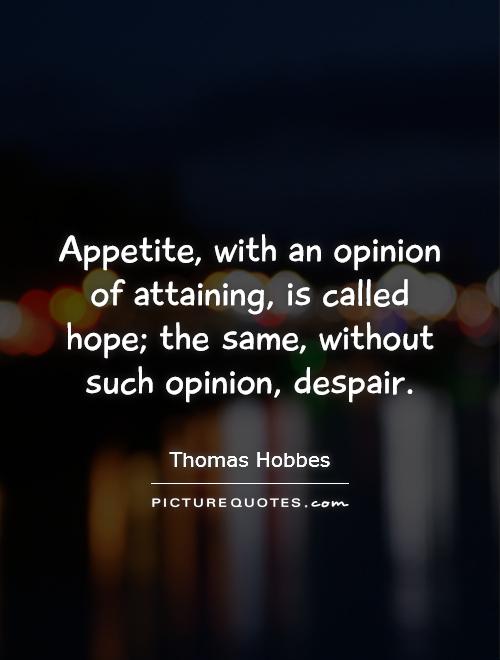
Appetite, with an opinion of attaining, is called hope; the same, without such opinion, despair
Thomas Hobbes, a renowned English philosopher, is best known for his work on political philosophy and his belief in the necessity of a strong central authority to maintain order in society. However, his views on human nature and the role of desire in shaping human behavior are also central to his philosophy. In his seminal work, Leviathan, Hobbes explores the concept of appetite and its relationship to hope and despair.According to Hobbes, appetite is a fundamental aspect of human nature. It is the driving force behind all human actions and desires. Appetite can be understood as the desire for something that is perceived as good or beneficial. It is this desire that motivates individuals to pursue their goals and seek out what they believe will bring them satisfaction and fulfillment.
In the context of hope and despair, Hobbes argues that appetite, when accompanied by the belief that one can attain what they desire, is called hope. Hope is a positive and optimistic outlook on the future, fueled by the belief that one's desires can be realized. It is a powerful force that can inspire individuals to persevere in the face of adversity and overcome obstacles in pursuit of their goals.
On the other hand, appetite without the belief that one can attain what they desire leads to despair. Despair is a sense of hopelessness and resignation, born out of the belief that one's desires are unattainable. It is a negative and pessimistic outlook on the future, characterized by a lack of motivation and a sense of defeat.
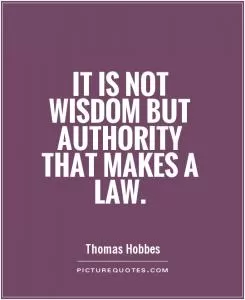
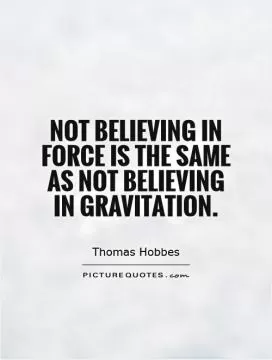
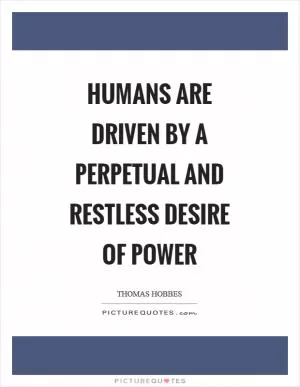

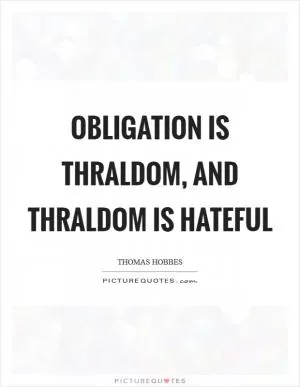


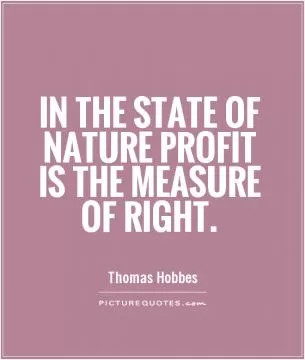
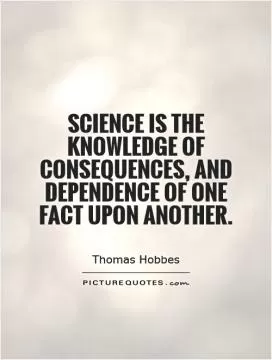



 Friendship Quotes
Friendship Quotes Love Quotes
Love Quotes Life Quotes
Life Quotes Funny Quotes
Funny Quotes Motivational Quotes
Motivational Quotes Inspirational Quotes
Inspirational Quotes